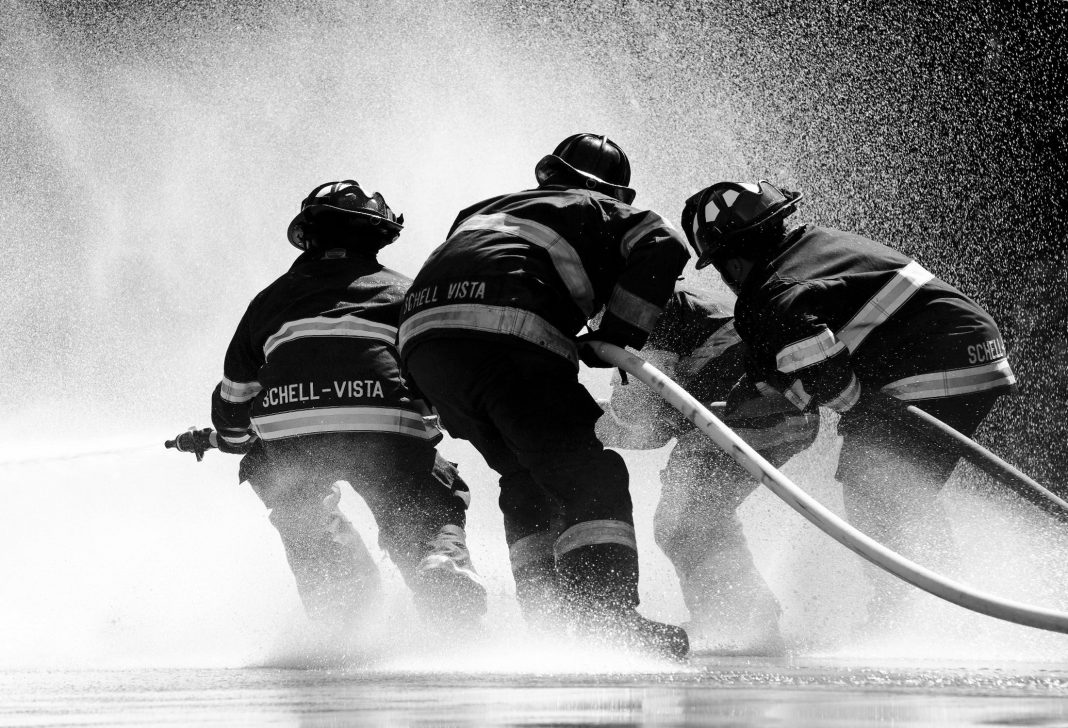Provincial Firefighters covering an area that stretches from Denia in the north to Pilar de la Horadada in the south, and inland to Villena and PInoso, have carried out a total of 8,460 interventions in 2018, which translates into 23 daily actions in all 141 municipalities of the Alicante province, an emergency every 62 minutes of every single day.
The most common type of turnout was their attendance at natural fires, a total of 1,065. Interventions in forest environment numbered 156, rural fires 435 and vegetation 474.
The second most common attendance was their assistance to the elderly and infirm, people who live alone and have not been seen by their neighbours for some time, a typology that is growing year on year as a result of the increasing number of elderly people, mainly Europeans, who have lost their partner. In many cases the bomberas are called out by friends or relatives who are concerned for the welfare of an individual. In statistical figures these account for about 3 door openings per day.
Of growing concern are the actions derived from traffic accidents, which in 2018 totalled 719 of which 257 were to extinguish vehicle fires. In addition, they have been required to release people from vehicles at 292 accidents, many involving death or serious injuries.
They have extinguished 700 fires in houses, both high rise apartments and single storey homes, with many of the fires starting in kitchens, electrical or even caused by lit candles.
They advise that people are particularly careful in the kitchen, especially when dealing with hot water or cooking oils. They also highlighted the regularity of electrical network overloads and the necessity of keeping chimneys clean. They also advise that all homes fit smoke detectors and alarms as well as ensuring that the batteries are regularly checked.
Housing interventions also include those originating from material damage, the collapse of walls or buildings. In 2018, there were 358. In addition to this, there were another 197 rescue actions from broken down elevators.
The Mountain Rescue Group has had to deal with more than a hundred rescues carried out on hillsides or even from caves and pot holes. In these cases, with the assistance of a Hawk Alpha 1 helicopter, which flies from dawn to dusk, firefighters have also carried out a further 118 urban rescue actions as well as a dozen searches for people who have been reported as lost.
Firefighters were also called upon to attend to a total of 308 bee wasp nests.





